

APEX COMMITTEE THUMBS UP TO OPERATION AGAINST TERROR OUTFITS IN BALOCHISTAN
g Action approved against proscribed outfits: BLA, Majeed Brigade, Balochistan Liberation Front
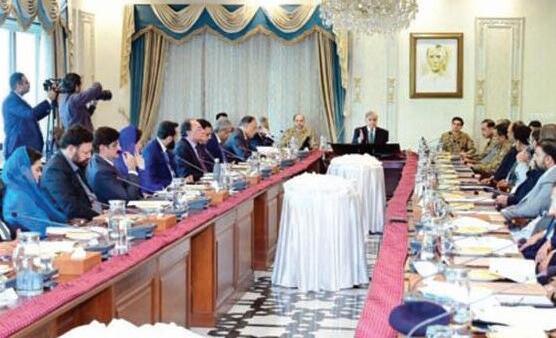
TH E Federal Apex Committee of the National Action Plan on Tuesday approved a comprehensive military operation against terrorist organisations operating in Balochistan and targeting civilians and foreign nationals to hamper the country s economic progress by creating insecurity at the “behest of hostile external powers”
The apex meeting convened as the country has lately witnessed a sharp surge in the number of attacks targeting security forces and other law enforcement agencies particularly in Balochistan and Khyber Pakhtunkhwa The agenda of Tuesday’s apex committee meeting focused on “Reinvigorating Pakistan’s Counter Terrorism (CT) Campaign
Prime Minister Shehbaz Sharif chaired the meeting in Islamabad at-
tended by the federal cabinet provincial chief ministers Chief of Army Staff (COAS) General Syed Asim Munir and senior government officials, according to a press release from the PM Office
According to the press release the military operation was approved against the following proscribed outfits: BLA Majeed Brigade Balochistan Liberation Front and Balochistan Raaji Ajoi-R-Sangar
The participants were briefed on the evolving security landscape and the measures being taken to counter terrorism and other critical challenges including general law and order situation actions against efforts to stoke sub-nationalism, religious extremism, tackling the illegal spectrum and crime-terror nexus, subversion and disinformation campaigns among other issues
The committee highlighted the necessity of a unified political voice and a cohesive national narrative to effectively address the multifaceted challenges
g PM urges political leadership to continue lending helping hands to overcoming economic challenges
ISLAMABAD
S TA F F R E P O R T
Chief of Army Staff (COAS) General Syed Asim Munir on Tuesday declared that all those who obstructed Pakistan’s security or tried to stop them from performing their duty would face the consequences COAS Gen Syed Asim Munir was speaking at the meeting of the Federal Apex Committee of the National Action Plan held with
It was emphasised in the meeting that political support across party lines and complete national consensus were critical to reinvigorating the national CT campaign under the framework of Vision Azm-i-Istehkam The participants also agreed to revitalise the National Counter Terrorism Authority and establish the National and Provincial Intelligence Fusion and Threat Assessment Centre A whole-of-system approach was adopted incorporating diplomatic political informational intelligence socioeconomic and military efforts to address
Imran greenlights PTI leaders for talks with ‘power ful quar ters’
demands will be met Meanwhile he said CM Gandapur apprised the former premier of preparations related to the upcoming demonstration Speaking to journalists outside Adiala Jail Aleema Khan Imran s sister has confirmed the development saying that the incarcerated party founder gave the go-ahead only to seek the return of the stolen mandate
“He [Imran] allowed to hold talks for release of jailed workers and leaders and restoration of democracy in the country she said adding that the former premier has set a deadline till Thursday for the party leaders to hold talks with the powerful quarters
“The November 24 would turn into a celebration had the stolen mandate returned ” she added Responding to a question Aleema said Imran has asked for holding talks
with the establishment as the incumbent rulers themselves claimed that they did not have real power In response to a question about whether a political party should negotiate with political parties or the establishment, she said that when parties have “given themselves up” then the negotiations will be held with those who wield real power No talks before Nov 24 rally: PTI info secretary Earlier, PTI Information Secretary Sheikh Waqas Akram categorically denied any contact between the party and the federal government In a statement Sheikh Waqas Akram dismissed rumors of dialogue stating, Our party has no contact with the government, nor will there be any The news about such communication is baseless and we strongly condemn it ” He further asserted that such reports aim to undermine PTI s preparations for its November 24 protest
issues comprehensively Specific emphasis was placed in the meeting on strengthening collaboration between federal and provincial governments and between relevant institutions and ministries to ensure seamless execution of the CT campaign
It was decided to establish district coordination committees under the Provincial Apex Committees to ensure the implementation of directions received from federal and provincial governments The forum demonstrated political resolve to dismantle the ecosystem of illegal spectrum and crime-terror nexus
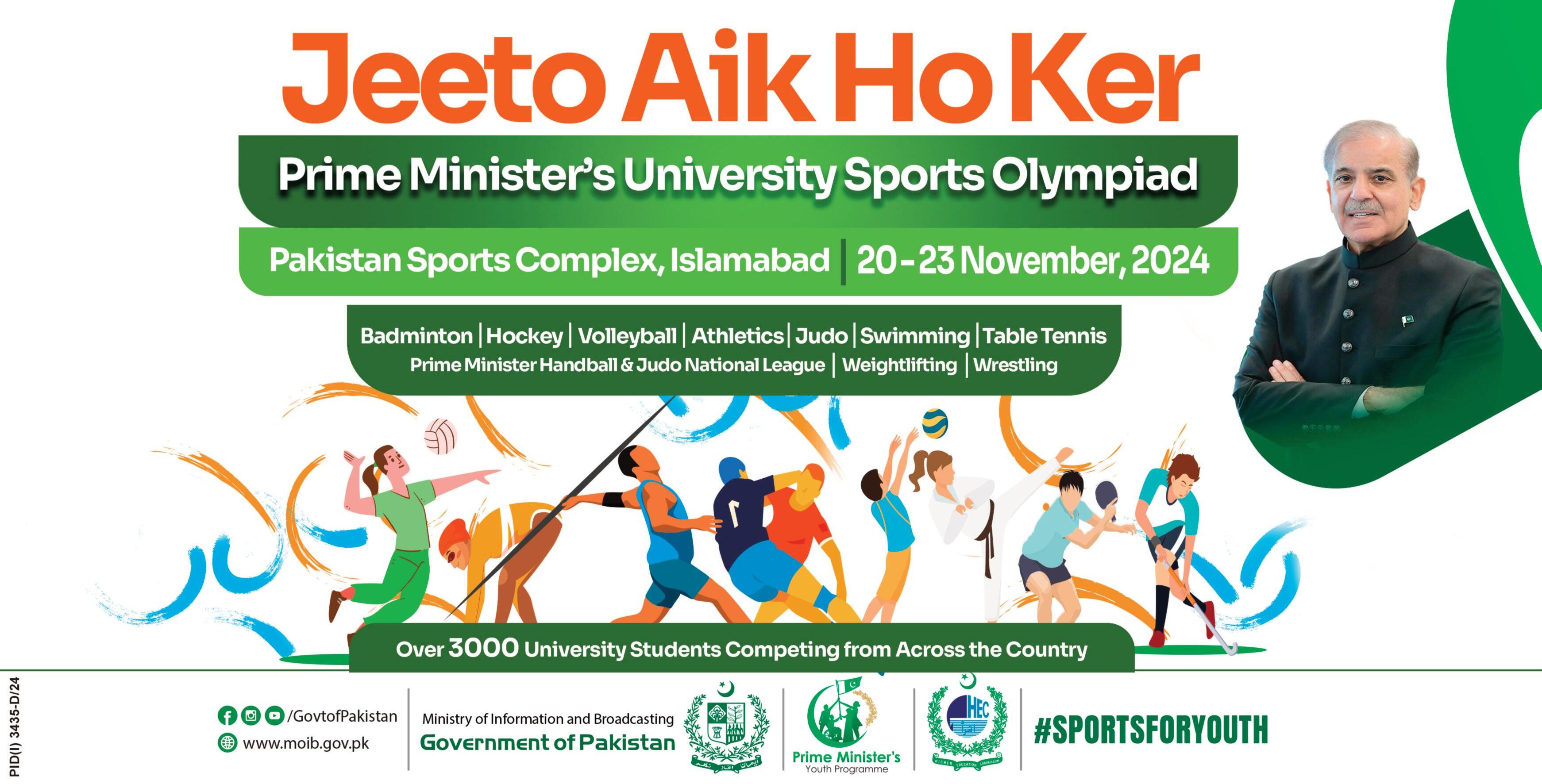

World Bank recommends 10 DISCOs ’ ownership transfer to president ahead of privatisation
Commerce Ministr y seeks to address EU firms’ concerns ahead of joint economic talks
EV TARIFFS: The removal of concessionary tariffs on electric vehicles (EVs) valued above $50 000 in the 2024-25 budget has created an impression of favoring Chinese automaker BYD at the expense of EU car manufacturers
Expropriation of IPPs: Ongoing concerns over IPP agreements and government settlements
Poland’s Counsellor has urged an investigation to ensure the payments are made
fund Delays: Persistent delays in refunds have impacted operations Profit Repatriation: While some progress has been made, the pace remains slow Regulatory Duty (RD): Concerns over inconsistent RD rates particularly on molasses where the duty is unclear at either 10% or 15%
A letter from the German Embassy to Power Minister Sardar Awais Leghari, concerning the operations of Rousch Pakistan Power Limited (RPPL), has also been included in the agenda
The Ministry of Commerce has committed to resolving these concerns ahead of the scheduled talks to ensure smoother economic and trade relations with the EU The discussions will be critical for addressing trade barriers, boosting investor confidence, and improving Pakistan’s standing in the EU business community
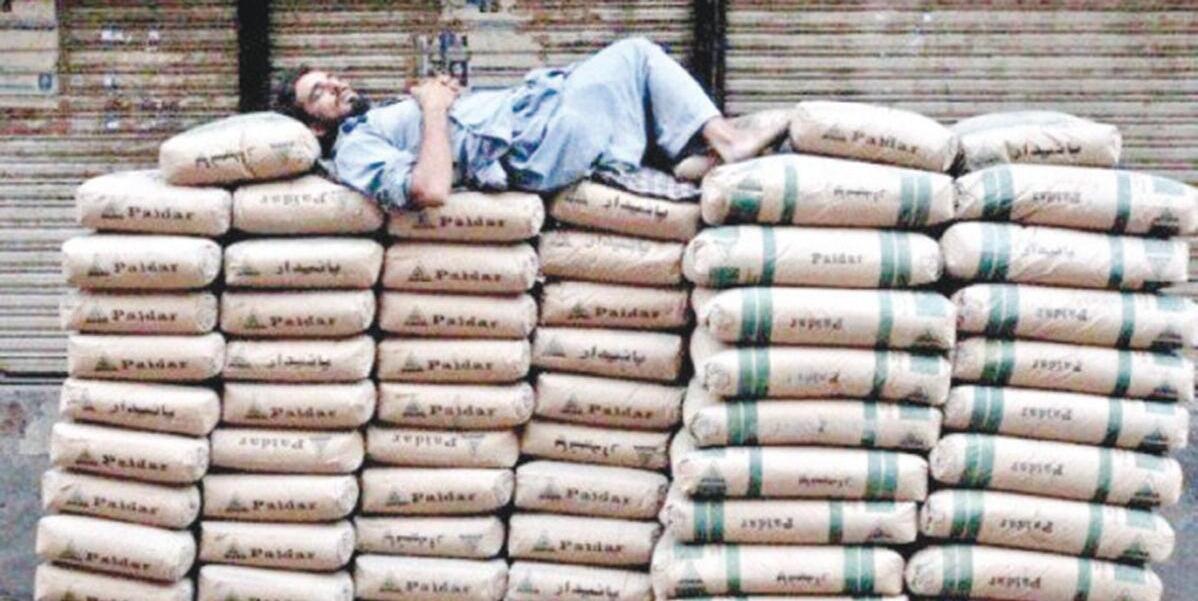

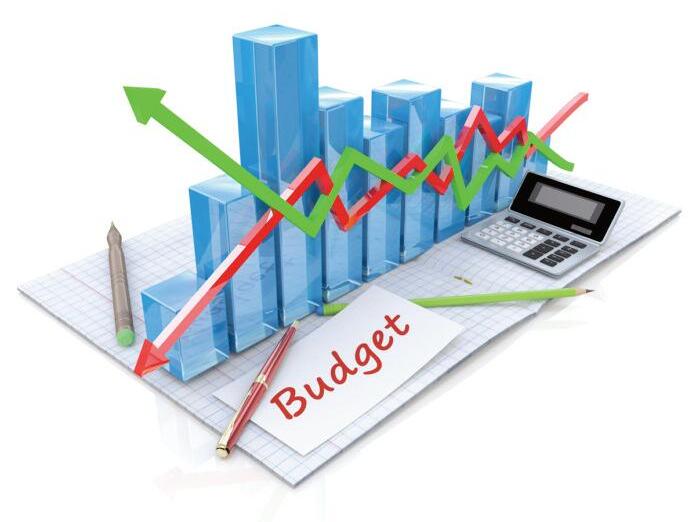
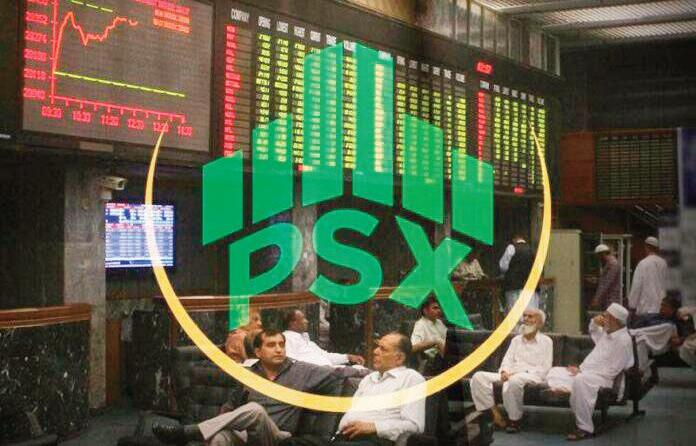
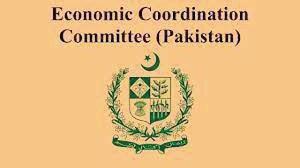
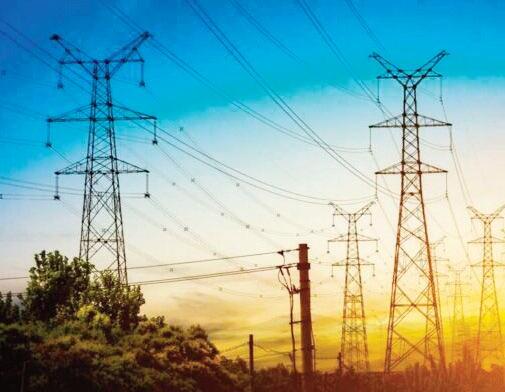
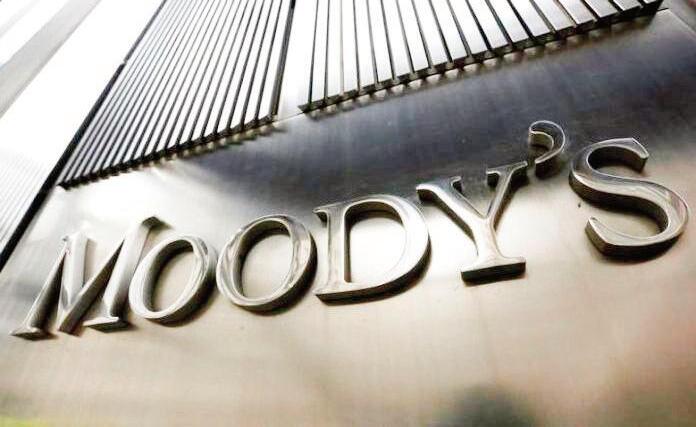

Will G20 wake up?
BR A Z I L I A n President Ignacia de Silva Lula may have been inspired by the poverty of his childhood, but when he told the G20 Summit in Rio that “hunger and poverty are not the result of scarcity or natural phenomena He also announced the launching of a global alliance against poverty and hunger with 91 countries on board This was an acknowledgement that the problem of climate change, which faces all countries, brings with it poverty and hunger This linking of global warming and poverty is significant especially at a time when the leading power in the G20 the USA has just elected a President who does not accept that global warming is even occurring
Within this geopolitical context it should not be forgotten that Brazil is one of the BRICS and as such poised to make the transition to great-power status Any alliance that it builds is of interest and its having launched an alliance against poverty while COP29 is not yet fully over is a subtle challenge to the USA which has claimed the status of sole superpower even since the USSR collapsed It should also not be forgotten that Brazil is home to the majority of the Amazonian rain-forest which along with the Congolese rain-forest forms part of the ‘lungs’ through which the plant’s carbon dioxide is converted into oxygen President da Silva was elected this time by defeating Jair Bolsonaro who saw no reason not to hand over the rain-forest to land developers who would burn down their portion It would perhaps be too much to expect a politician to pass up a chance of trashing an opponent even though he was committed to environmental causes before Bolsonaro had entered politics Brazil may be big enough for its domestic politics to have global environmental consequences but it is not so big as to make it possible to ignore the link between poverty and environmental degradation The G20 is primarily focussed on trade but that will become meaningless if attention is not paid to the environment it is happening in Unless the entire G20 unite to stop spewing noxious gasses into the atmosphere the planet might not make it with the result that the G20 probably wouldn’t either environmental sensitivity is not the best policy but the only one

Dedicated to the legac y of late Hameed Nizami Arif Nizami (Late) Founding Editor
M A Niazi Editor Pakistan Today Babar Nizami Editor Profit
The Gaza war won’t end by imposing a ‘Solution’ on Palestinians
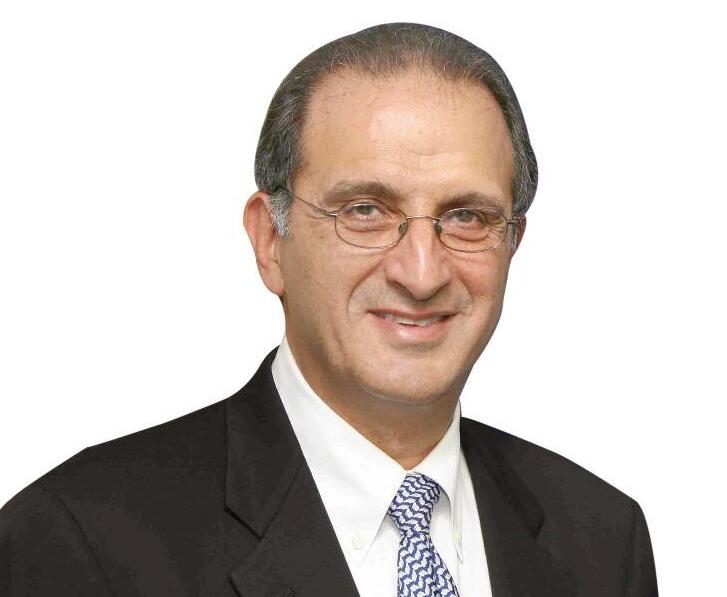
On e century ago, when Western european powers were planning to carve up the Arab east, the USA attempted to convince them to take a different path Supporting the belief that the peoples recently freed from colonial rule should have the right to self-determination the USA sent a commission of prominent Americans to survey Arab public opinion to discover what they did and did not want for their future The commission concluded that the overwhelming majority of Arabs rejected division or partition of their region, european mandates over them and the establishment of a Zionist state in Palestine What they hoped for was a unitary Arab state
The commission report also warned of conflict if the planned partition moved forward The British Lord Balfour rejected these findings saying that the attitudes of the indigenous Arab population meant little to him especially when weighed against the importance of the Zionist movement In the end Lord Balfour got his way and the dire prediction of the US commission has been borne out
The Arab east was partitioned, and a Mandate was established in Palestine, which the British used to foster Jewish immigration leading to the establishment of Israel Since then, Palestinians have been dispossessed, displaced and subjected to unceasing violence Because they have resisted the last century has been one continuous conflict culminating in the unfolding genocide in Gaza and crushing repression on the West Bank At present, the problem faced by the Palestinian people is that during the past three decades they have lost even more control over the circumstances of their lives Since signing the Oslo Accords Israel has taken steps to make impossible the establishment of a unified Palestinian state in the territories they occupied in 1967 The Israelis have severed what they call east Jerusalem from the rest of the West Bank, distorting its economy and forcing its population to become dependent on Israel for employment and services In the West Bank, the Israelis followed a plan to expand set-
E t h a n o l f u e l a s a s o l u t i o n t o P a k
tlements and use “Jewish only” roads infrastructure checkpoints and security zones to divide the Palestinian territory into small controlled areas Gaza has been de-developed and subjected to economic strangulation for decades It too has been cut off from the rest of Palestine The dream of what had been hoped for after Oslo has been crushed Still the Western world pays little attention to the needs and aspirations of the Palestinian people Instead led by the USA plans are being put forward to govern the future of the Palestinians without the consent of the governed What is being proposed is a Gaza ruled by a reformed Palestinian Authority, with security provided by an Arab-Islamic force, and nothing more than a commitment to negotiate a future two-state solution The proposal is a non-starter for two reasons
Despite being designed to meet Israel s needs Israelis themselves have rejected the terms of this day after concept They refuse to leave Gaza or allow Palestinians to return to areas of Gaza from which they have been cleansed The Israelis also reject the role of
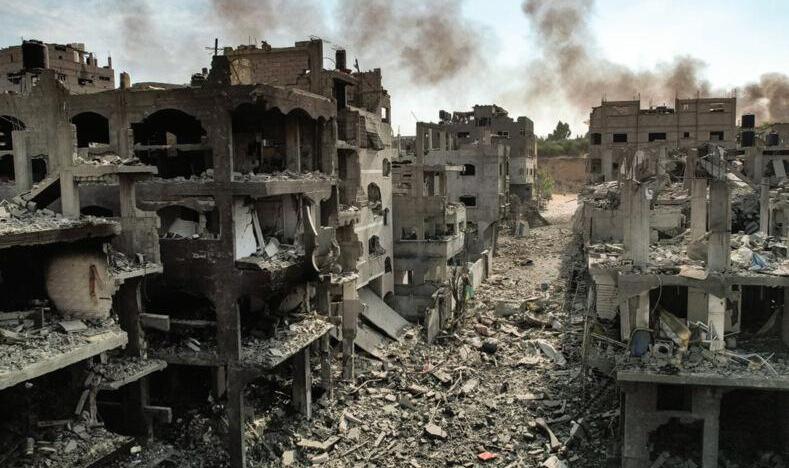
Of course, all of this must be developed further, but it is the better path to take precisely because it recognizes that instead of continuing to impose „solutions‰ on Palestinians, the place to begin is to ask them what they want, listen to what they say, and then work to make
aspirations a reality.
Reflections on age

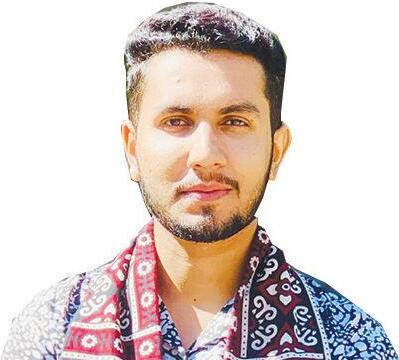
negatively affecting tourism and cultural heritage Visibility is often sharply reduced during heavy smog episodes increasing road accidents and posing public safety risks especially in densely populated cities Amidst the ongoing smog crisis, ethanol fuel appears to offer a promising alternative Derived from renewable sources like sugarcane and corn, ethanol burns more cleanly than conventional gasoline ethanol-blended fuels emit fewer pollutants including carbon monoxide (CO) particulate matter (PM) and other smog-forming chemicals Research shows that ethanol blends can reduce greenhouse gas emissions by up to 39 percent, potentially lowering the smog burden on Pakistan’s urban centres Moreover, ethanol is biodegradable non-toxic and less environmentally harmful in the case of spills posing fewer risks to water and soil quality By switching to ethanol as a renewable energy source Pakistan could not only improve air quality but also reduce its dependency on fossil fuels, achieving greater energy security and environmental sustainability Pakistan’s agricultural resources and infrastructure provide a strong foundation for ethanol production making it a feasible solution The country is one of the largest global producers of sugarcane, a crop with high sucrose content that is ideal for ethanol production Sugarcane is cultivated predominantly in the Punjab and Sindh provinces regions that could supply a steady feedstock for ethanol reducing reliance on imported fuels Additionally the sugar industry in Pakistan produces large quantities of molasses a by-product used for ethanol production Rather than exporting molasses, utilizing it for domestic ethanol production could help fulfil Pakistan’s fuel needs while keeping more value within the country In addition to sugarcane Pakistan s corn production offers an alternative feedstock for
ethanol Diversifying ethanol production sources with corn could ensure steady production even when one crop underperforms The existing ethanol production facilities currently geared for export, could be expanded for domestic use, helping Pakistan meet local fuel demands without a large initial capital investment With policy incentives, public awareness, and improved infrastructure Pakistan has the resources to successfully adopt ethanol as a fuel source Transitioning to ethanol fuel however comes with challenges ethanol production storage, and distribution infrastructure require significant investment, particularly in adapting current fuel stations and developing ethanol production facilities educating the public about the benefits of ethanol would also be essential for widespread acceptance as misconceptions about its environmental and economic advantages persist Government support, including subsidies and incentives, will be crucial to promote ethanol adoption Policies that encourage ethanol use in public transport and government fleets could serve as a model for broader adoption Additionally continuous research is necessary to enhance ethanol production technologies reduce costs and make the industry more sustainable potentially through collaborations between government, industry, and research institutions ethanol fuel holds the potential to reduce Pakistan’s smog levels providing a cleaner and more sustainable fuel alternative By leveraging abundant agricultural resources particularly sugarcane and corn Pakistan can produce ethanol domestically, reducing reliance on imported fossil fuels and supporting the local economy Transitioning to ethanol requires a coordinated effort involving government policies public awareness and private sector collaboration Yet the benefits including improved air quality reduced health risks and a more secure energy future make ethanol a worthwhile investment By adopting renewable energy solutions like ethanol, Pakistan can work toward a cleaner, healthier future, protecting the well-being of its citizens and fostering sustainable growth The writer is a freelance columnist
New laws, old problems
TOuSeef AHmeD bOuk
Using a sugar by-product fruitfully

More than money
Aof challenges from alleviating poverty to providing their citizens the basic necessities of life As climate disaster strikes, these countries are forced to rebuild schools, houses and hospitals As a result funds that might otherwise have been allocated to enhancing human capital or technology introduction in the country are diverted to helping the communities overcome climate induced challenges Moreover, the cost of adaptation is also challenging to estimate, if both economic and non-economic losses are considered A UN report in 2023 mentioned that the adaptation cost in developing countries is around $ 215 billion per year but some private banking institutions have predicted close to $2 trillion a year by 2026 For developing countries, the main feature in climate finance is also the quality Most of the climate finance is provided in the form of loans rather than grants With developing countries stuck in the climate debt trap they already face high borrowing costs under the current multilateral banking system and with the climate risk, the borrowing rates go further up Not to mention that several developing countries in the global south also lack the financial infrastructure to direct the foreign investments into productive projects
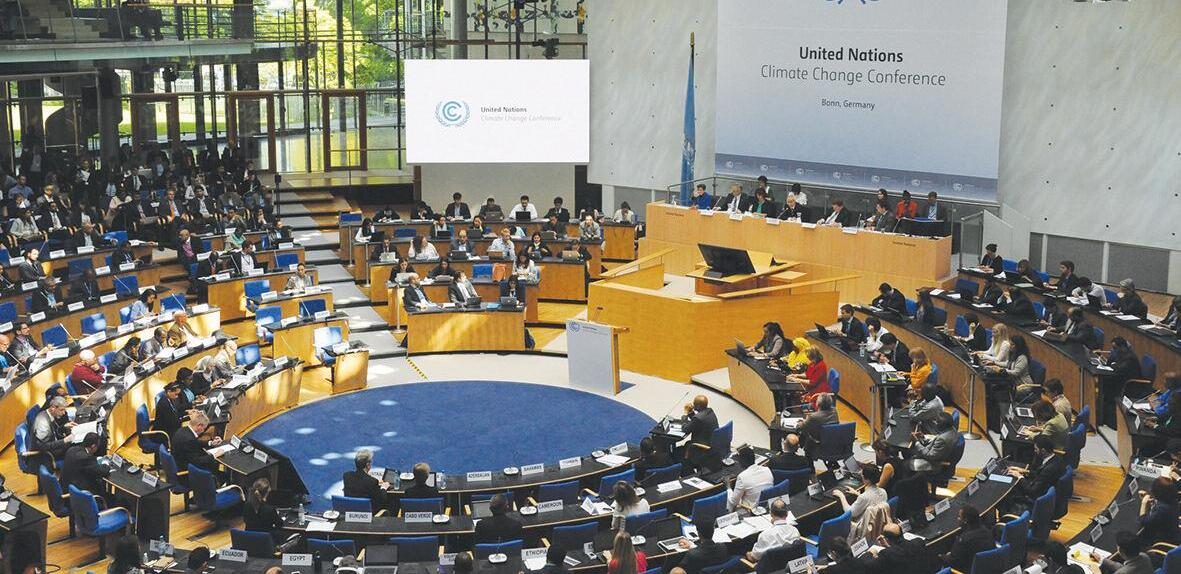
which thus increases the risk for investors While these
f u n d i n g A s t h e wo r l d g a t h e rs fo r C O P 2 9 , i t i s i m p e r a t i v e fo r n a t i o n s t o ag r e e o n e q u i t
bl e r e s p o n s i
l i t y - s h a r i n g m e ch a n i s m s a n d i n n ova t i v e f u n d i n g s t r a t
53 8 % of the Muslim respondents consider that they are not ‘as safe as any other citizen in the countr y ’ and 11% of them say that they are ‘not safe at all’
52% to 54% of the Hindu respondents consider that ‘ There is a need for better and ar ticulate Muslim leaders in India’, a view shared by 81.1% of Muslims


EV E RY five years the Lok Sabha elections offer a window to analyse the representation of the Muslim minority in the parliament of India
From that point of view, the 2024 elections have reconfirmed a structural trend as the share of Muslim members of parliament further eroded dropping from 4 6% in 2019 to 4 4% Muslims represented 14 5% of the Indian population in the 2011 census No Muslim candidate has been elected not only among those – very few – nominated by the Bharatiya Janata Party, but also among those (equally small in numbers) who had been given a ticket by its NDA allies
On the opposition side the situation is different but Muslims are still under represented by almost half since only 7 9% of the INDIA Lok Sabha members come from India s largest minority It is also important to note that in contrast to the government that had been formed in 2019 which had one Muslim MP – Mukhtar Abbas Naqvi, a Rajya Sabha Member – there’s none this time
How far can we explain this invisibilisation by the general perception of this minority by the Hindu majority? And how are Muslims assessing their own situation and perceiving their community as well as its leaders?
These are the question this column addresses on the basis of a survey commissioned in the framework of the Henry Luce Foundation-funded ‘Indian Muslims Project’ This project, initiated in 2020 by scholars of Sciences Po, Princeton University and Columbia University includes about 50 researchers from India the US and Europe The study was conducted by the CSDS from March 28 to April 8 2024 as part of its National Electoral Study in 400 polling stations spread across 100 assembly constituencies in 100 parliamentary constituencies It achieved a sample of 10,019 respondents spread across 19 states of India – Andhra Pradesh Assam Bihar Gujarat Haryana Karnataka Kerala Madhya Pradesh Maharashtra Odisha Punjab Rajasthan Tamil Nadu Uttar Pradesh West Bengal Delhi Jharkhand Chhattisgarh and Telangana The sampling design adopted was multistage random sampling This procedure ensured that the selected sample was fully representative of the cross-section of voters in the country The survey is revealing of a fair degree of anti-Muslim prejudice among Hindus 27 % of the latter fully or somewhat consider that Muslims are not as trustworthy as anyone else Among Hindu Dalit and Hindu Adivasi respondents
60 to 68% of the Hindu respondents, according to the caste group, think that Muslims are not ‘treated unfairly by the state authorities’ By contrast, 43 % of the Muslim respondents think other wise
Only a small minority of Hindus – 10 to 16 % of the total according to caste groups – consider that ‘India belongs only to Hindus’, a huge majority of the Hindu respondents – between 74% and 80% – saying that the countr y ‘belongs to citizens of all religions’
Similarly, 26% of the Hindus interviewed “fully” or “somewhat” disagree with the idea that Muslims are as “patriotic as any Indian” Again Hindu Dalits and Hindu Adivasis are more prejudiced than other Hindus at respectively 30% and 28 5% (against 24 3% for upper caste Hindus) And again the gap between the North and the South is very significant: only 18 1% of the south Indian respondents “fully” or “somewhat” disagree with the idea that Muslims were as patriotic as any Indian, against 28 1% in the Hindi belt and 21% in the West
This perception harks back to an old idea that Muslims are unduly favoured A very large proportion of the Hindu voters who have been interviewed, 47%, fully or somewhat agree with the idea that Muslims are unnecessarily appeased or pampered” – even though all the available data demonstrate that Indian Muslims are undergoing an impoverishment process and are marginalised on the job market and the housing market as well as in the educational system (at least in the North and the West) A consensus seems to prevail here also from the point of view of caste and communities: Dalits and Adivasis are only slightly less inclined to share this view (at 43 4% and 43 5%) than the ‘upper ’ castes and the upper OBCs – at 46 8% and 49 9%
This viewpoint explains that a substantial fraction of the Hindus – 22 % – consider that only Hindus should benefit from reservations By contrast 71% of Muslims think that Hindus and Muslims should get access to this form of positive discrimination However, when the question is more specific and the interviewees asked should both Hindus and Muslims be given reservations in the Scheduled Castes category – a majority of Hindus and Muslims agree (among the Hindu Dalits only 28 1% don t) a clear reflection of an idea that Muslim Dalits, at least, are not pampered and need as much support as other Dalits
The fact that, according to the Hindu respondents, nothing special has to be done for the other Muslims reflects their assessment of the general condition of this minority: 60 to 68% of the Hindu respondents according to the caste group think that Muslims are not treated unfairly by the state authorities By contrast 43 % of the Muslim respondents think otherwise
This is largely related to a deep sense of insecurity: 53 8 % of the Muslim respondents consider that they are not “as safe as any other citizen in the country” and 11% of them say that they are “not safe at all” This perception stands in stark contrast with those of the Hindus – whatever their caste – who appear in a rather complete denial of the Muslims condition: 60 to 62% of them claim that Muslims are equally safe Hindus are expressing these views despite the fact that they interact less with Muslims than with people of other communities: only half of the Hindu respondents have a friend who is a Muslim – caste making no difference here either This proportion is still smaller in the Hindi belt in spite of the size of the Muslim population in UP Only 50 6% of the Hindi belt respondents have a
friend who is a Muslim when 65 9% of the south Indian respondents do Another paradox needs to be highlighted: the Hindu respondents argue that Muslims are not treated differently than others are not unsafe and are even pampered or appeased, but they admit that Muslims are not properly represented in the political sphere – and they attribute this problem to some lack of leadership There are more Hindu respondents who consider that “the absence of serious and committed leaders among Muslims affects their representation in politics than Hindu respondents who think otherwise – whatever the caste group An even larger proportion of Muslims – 50 2% – think alike
In the same vein, 52% to 54% of the Hindu respondents consider that There is a need for better and articulate Muslim leaders in India”, a view shared by 81 1% of Muslims but at the same time 61 8% of the Muslim respondents consider that “the Muslim community has able honest and committed leaders (it simply needs to have more) something the Hindu respondents deny: there are more Hindu respondents who think that Muslims don t have such leaders than respondents who think otherwise, irrespective of caste The contrast between the Hindi belt and the South, here, is complete: while 38 1% of the Hindi belt respondents think that the Muslim community does not have honest and committed leaders (against 27 6% who think that it does) 48 9% of the South Indians consider that the Muslim community has such leaders (against only 24 3% who think that it doesn t)
Many Muslims attribute their situation to the leaders of the community themselves: 50% of them report that absence of serious leaders amongst Muslims affects their representation 64% of the Muslim voters interviewed stand in full agreement to need for more articulate Muslim leaders However 62% also feel that they have committed leaders – but they are too few
The data we have analysed so far reflect the growing polarisation of the Indian society, a process that is more pronounced in the Hindi belt than in the rest of the country
To put it in a nutshell Muslims feel more and more insecure and unfairly treated when Hindus consider that not only are they as secure as others and treated the same way as others – even pampered and appeased – but (here there is a contradiction) that their plea – which, therefore, is not so good – reflects a lack of leadership and justifies some reservations (at least for Dalit Muslims) Most of the items reviewed so far have not revealed any significant difference due to the social background of the Hindu respondents
This communal polarisation of the Indian society stems from the rise to power of the Bharatiya Janata Party whose discourse systematically demonises the Muslims But it also results from the groundwork of the Sangh Parivar at the societal level, a strategy of mobilisation that has found expression in the Ram Janmabhoomi movement for decades A majority of the Hindu respondents precisely consider that the construction of the Ram temple helped in consolidating the Hindu identity Interestingly 59% of the upper caste Hindus share this view, against 46 7% of the Hindu Dalits only
This view is also more popular in the Hindi belt than in the South: 49 4% against 43 8% While the very idea of consolidating the Hindu identity went together with the notion of polarisation and majoritarianism a majority of the Hindu respondents do not consider that the Ayodhya movement has further divided society In fact, the percentage of Hindu respondents who say that the building of the Ram temple will “foster harmony between Hindus and Muslims” is larger than the percentage of those who consider that it will “increase differences among communities Note that the gap is larger among the upper castes (35% against 19 1%) than among the Dalits (25 6% against 23 4%) These data can be interpreted as the reflection of a clear denial of reality But one may also see it as the sign of a certain attachment to the coexistence of different communities This reading is virtually substantiated by the fact that in our survey only a small minority of Hindus – 10 to
Umaima ahmed

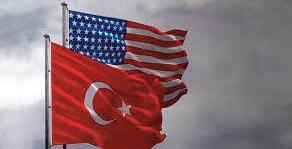
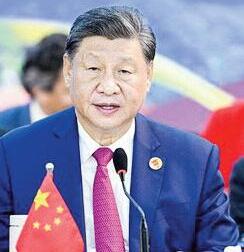
no escalation of hostilities and no fanning flames ” he said
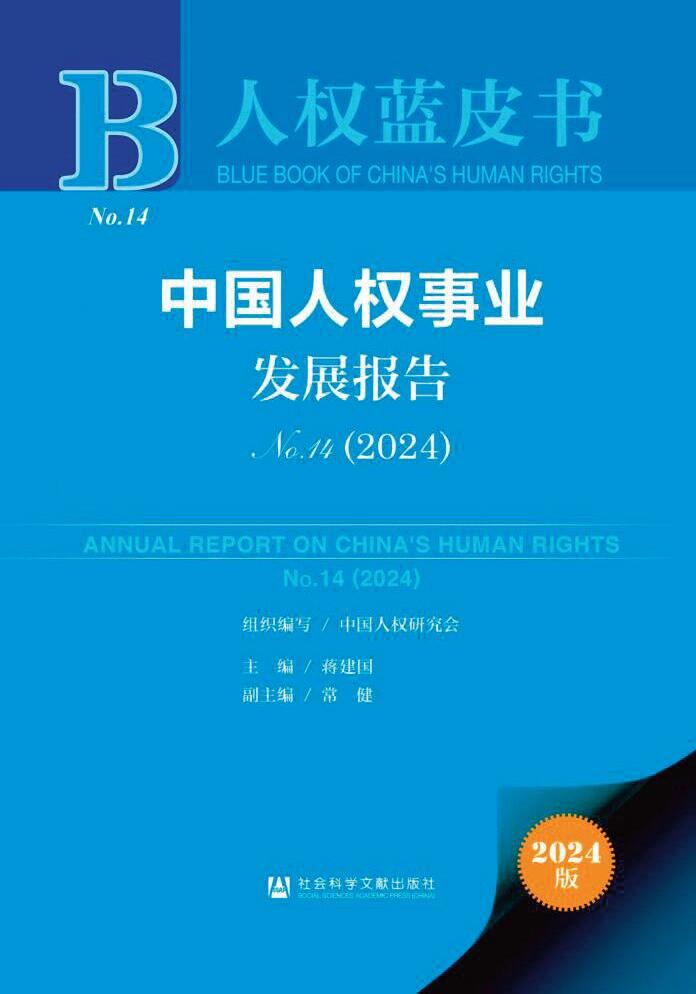
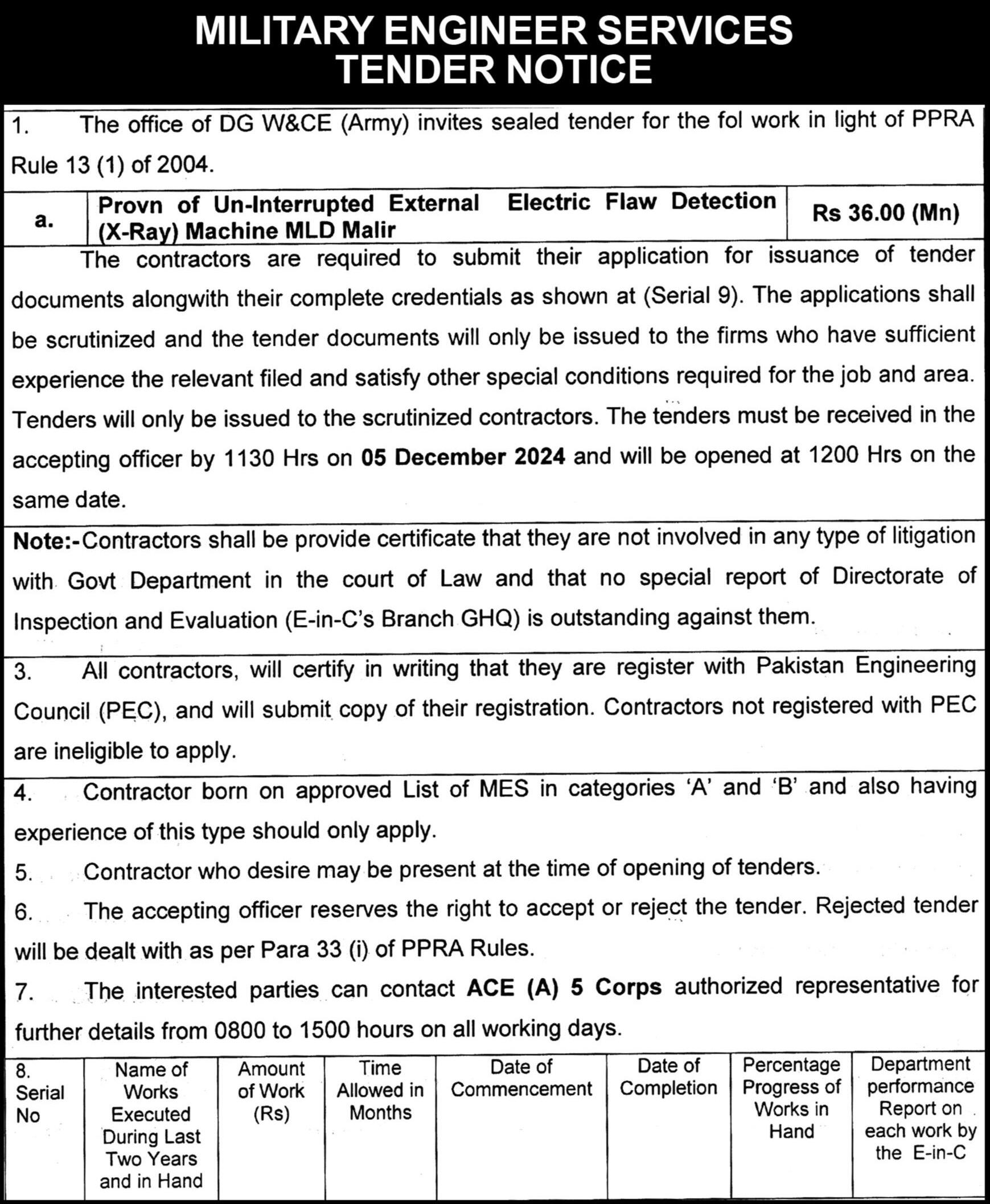
the improved national electoral legislation
According to the Basic Law members of the Senate were elected by secret ballot by deputies of representative bodies of state authority of the Republic of Karakalpakstan, regions, districts, and cities at relevant joint meetings Four people were elected from each territory Nine additional senators were appointed by the Decree of the President of the Republic of Uzbekistan The President of the Republic of Uzbekistan Shavkat Mirziyoyev ad-
dressed the plenary session and sincerely congratulated the members of the new Senate on the high trust placed in them
It was emphasized that the previous composition of the upper house made a worthy contribution to the country’s development Over the past five years the Senate has heard 106 reports and sent 1 300 requests to executive bodies The parliament s authority in the international arena has also increased significantly During


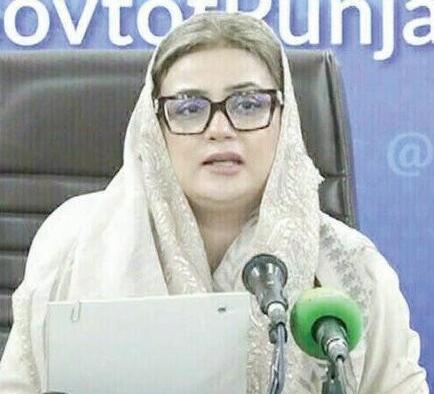
925
and graduate levels in the discipline of Management Sciences, Electrical & Computer Engineering, Civil Engineering Mechanical Engineering Computer Science and Mathematics 33 graduates were awarded with gold silver and bronze medals at the Institute and Campus level on account of their excellent academic performance 13 graduates were awarded with the PhD degrees in the disciplines of Electrical and Computer Engineering Computer Science and Management Sciences
Qaiser Ahmed Sh:
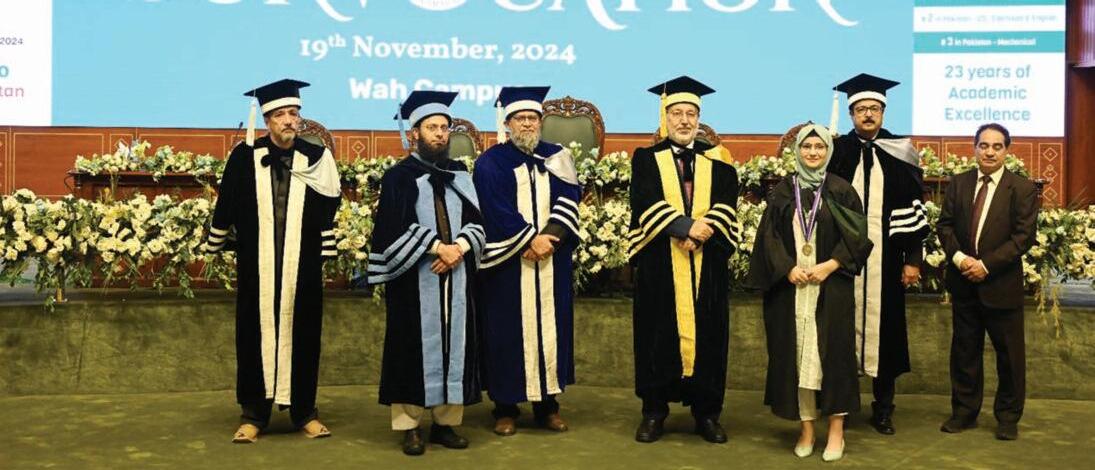
Prof Dr Mukhtar Ahmad Chairman Higher Education Commission (HEC) of Pakistan graced the event as the Chief Guest On this occasion, the Director Campus, CUI, Wah Campus, Prof Dr Muhammad Abid T I presented a comprehensive campus report He highlighted the Campus achievements establishment of Department of Humanities, launch of Master Programs and future plans, including ongoing developmental projects such as the installation of a solar energy system, the construction of sheds for the transport parking area and the completion of the mega project Academic Block-I He shared that Academic Block-I is in the final stages of completion and will be fully operational for academic activities starting from the Spring 2025 semester commencing in February 2025 He congratulated the graduates and their parents on the successful completion of their educational journey and encouraged the graduates to continue their hard work and dedication in the years ahead
Striving
to strengthen Maritime ties with Hutchison Por t Hong Kong
Delegation of Iqra Universit y students visits Safe Cit y Islamabad
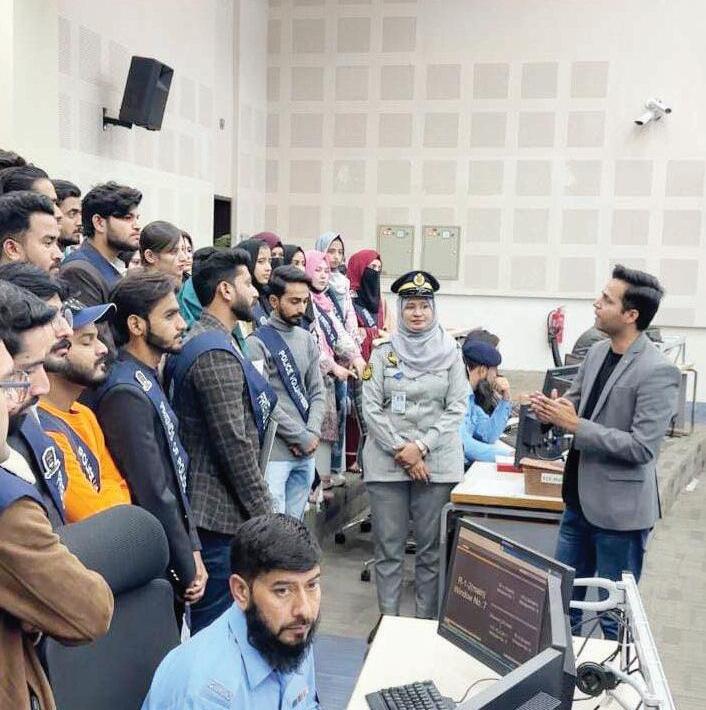
ISLAMABAD S TA F F R E P O R T
According to the details, the Deputy
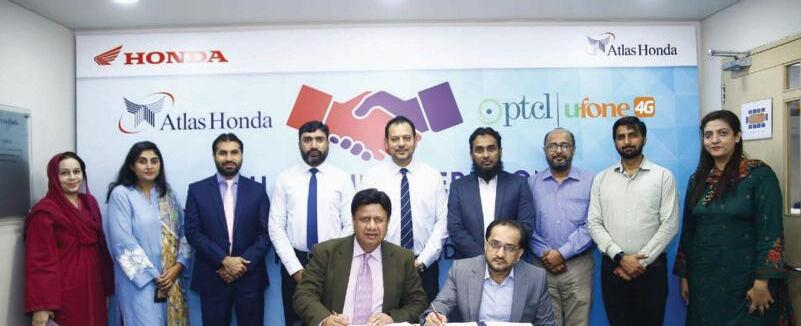
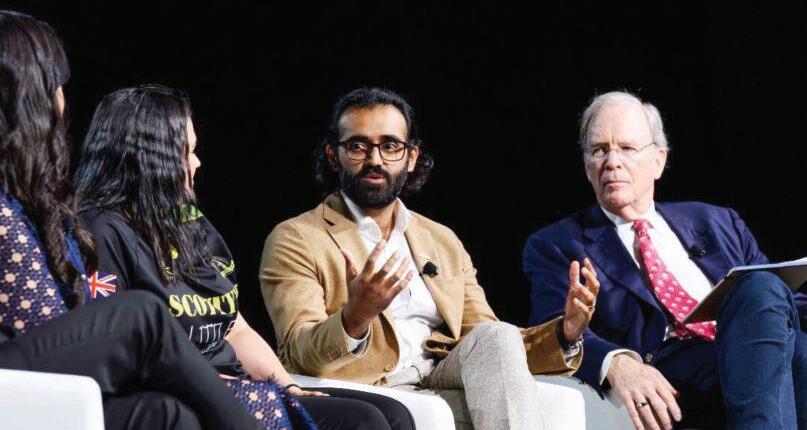
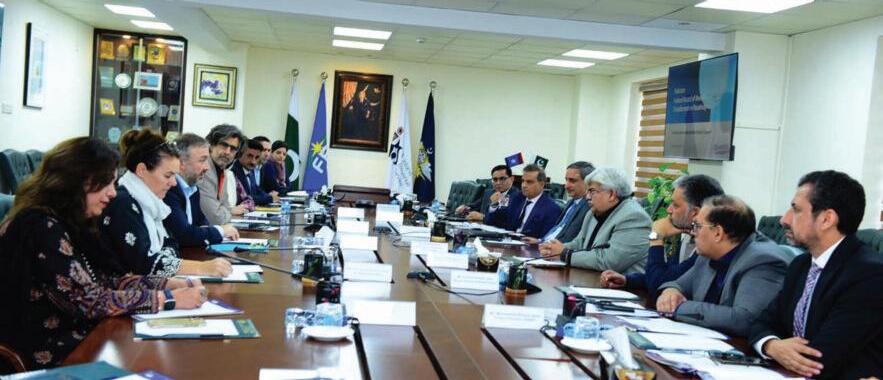
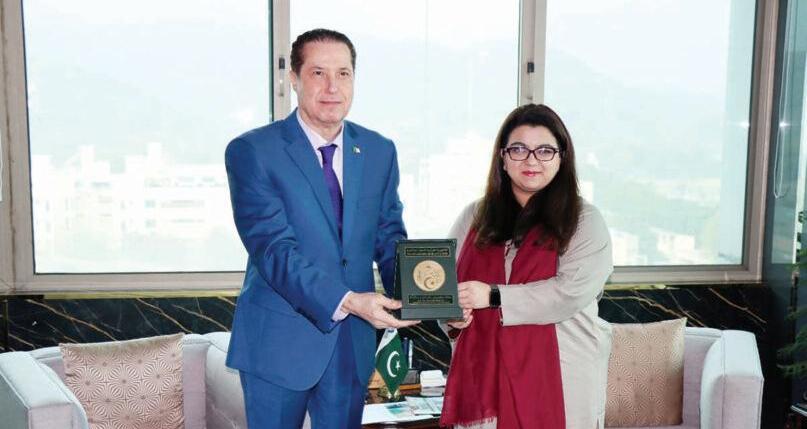
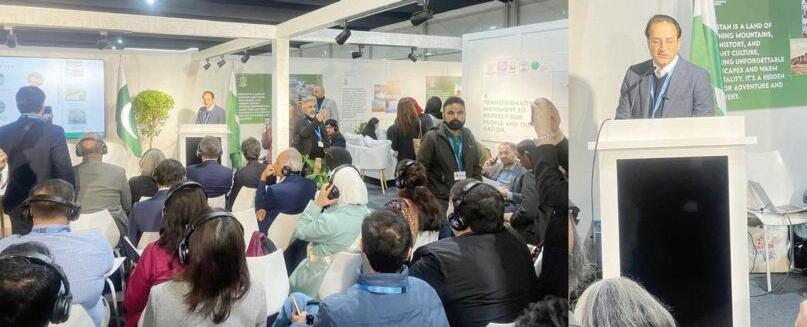

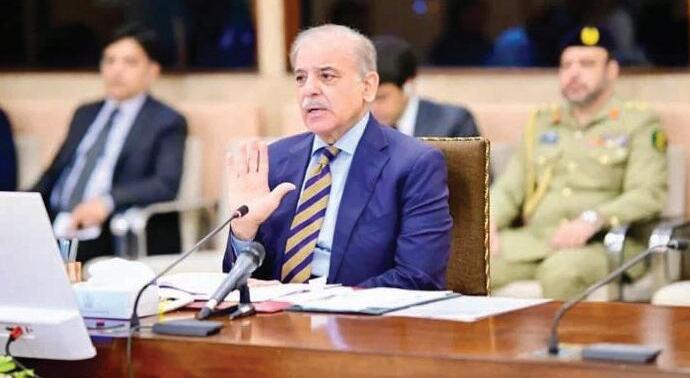
Chinese, Pakistani troops to hold joint anti-terrorism exercise
LHC issues notices to Centre, others in response to plea against VPN blocking
pointed out that due to slow internet speed the users have been facing disruption of the service
The Petitioner s counsel also points out that this disruption has brought severe inconveniences and that the slowed internet service presents significant obstacles for the use of the service
In addition the petitioner is alarmed over the plan of the government to ban VPNs because the latter has not served the former with any justification for the move
Petitioner pleaded to the court that the government is also going to impose ban over the VPN without any justification
Senate committee discusses nationwide internet disruption
E P O R T
The Senate Standing Committee on Information Technology on Monday discussed the reasons behind the ongoing internet disruption across the country Senator Palwasha Khan described the absence of the Minister and Secretary of IT as negligence on their part, given their failure to defend the ongoing internet disruption She pointed out that there are around 2 5 million freelancers in the country many of whom are facing significant difficulties in earning their livelihoods due to the recent disruption Despite inviting the Minister for IT she has failed to attend the meeting for the third consecutive time The Committee decided to write a letter to the Prime Minister, highlighting the Minister s inability to defend the decisions of the ministry Senator Palwasha Mohammad Zai Khan chaired the Senate Standing Committee on Information Technology today at the Old PIPS Hall Parliament Lodges The Committee also criticized the Islamic Ideological Council s comments on the blockage of VPNs, calling them unreasonable In a humorous remark, the Committee suggested that the Islamic Ideological Council should also consider banning television, as it displays harmful content The Committee emphasized that blocking tools would not resolve the issue and suggested that the government should focus on regulating them instead The Committee requested the Islamic Ideological Council to provide the basis for its judgment Additionally, the Committee discussed the recent letter from the Interior Ministry concerning the blockade of VPNs to the PTA without informing the Ministry of Information Technology and Telecommunications about its contents Senator Afnan Ullah raised questions about the legality of the Interior Ministry s letter, stating that VPNs do not fall under the category of social media apps
Network (VPN) The counsel for the petitioner
The petition seeks the court order for ending obstacles in the Internet speed and restraining ban on the VPN In related development, the
Senate Committee on Information Technology and Telecommunication has summoned interior secretary over the blockage of the VPN
The Senate body met with Pakistan People s Party s (PPP) Senator Palwasha Khan in chair “The internet ban has created unrest in the country our youth earning their livelihood through the internet has been worried calling VPNs illegal is being ridiculed globally the senator said The Chairman of Pakistan Telecommunication Authority (PTA) recently said that they have been working on VPN for two years He clarified that the VPN registered for the users do not face internet disruptions
The PTA chairman said that so far, 25,000 people have registered their VPNs
K h A sif inaugurates IDEAS 2024 with global leaders in attendance
KARACHI S TA F F R E P O R T
Defense Minister Khawaja Asif officially inaugurated the International Defense Exhibition and Seminar (IDEAS) 2024 on Tuesday at the Expo Centre
The biennial event is set to run from November 19 to 22, showcasing Pakistan’s growing defense industry while also attracting global defense leaders and international exhibitors
Addressing the opening session Asif highlighted that IDEAS 2024 s slogan Arms for Peace underscores Pakistan s commitment to peace while continuing to strengthen its defense capabilities
He emphasized that the defense sector which is witnessing significant growth offers immense potential for both public and private sector involvement in boosting local manufacturing and defense exports
“The defense industry in Pakistan is booming, and through this exhibition we aim to promote Pakistan as a regional gateway for defense production Asif remarked He noted that enhanced defense exports will not only contribute to the nation s security but also help strengthen the economy
The defense minister welcomed over 350 high-level delegations
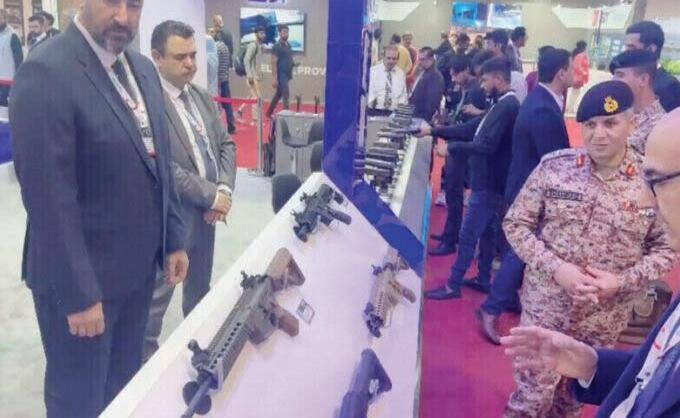
from 55 countries, including key participants from the US Russia China Turkey Iran Italy the UK and Azerbaijan More than 560 exhibitors including 333 international defense manufacturers, are displaying their products at the event, with Turkey and China having the largest presence Iran and Italy are attending IDEAS for the first time Pakistan s contribution to the exhibition includes showcasing indigenous defense systems like the Haider Main Battle Tank (MBT), Shahpar III drone, and advanced models of the Super Mushshak Aircraft
A special feature of this year ’s exhibition includes a dedicated pavilion for defense startups organ-
ized by leading institutions such as the National University of Sciences and Technology (NUST) Pakistan Navy Maritime Science and Technology Park (PMSTAP) and National Aerospace and Technology Park (NASTP) Asif stressed that IDEAS 2024 is not just a defense exhibition but also a platform for strengthening regional peace through increased connectivity and collaboration among global defense entities Promoting connectivity is crucial for regional peace and socio-economic development,” he stated, adding that Pakistan remains committed to international peace stability and responsible defense technology use
